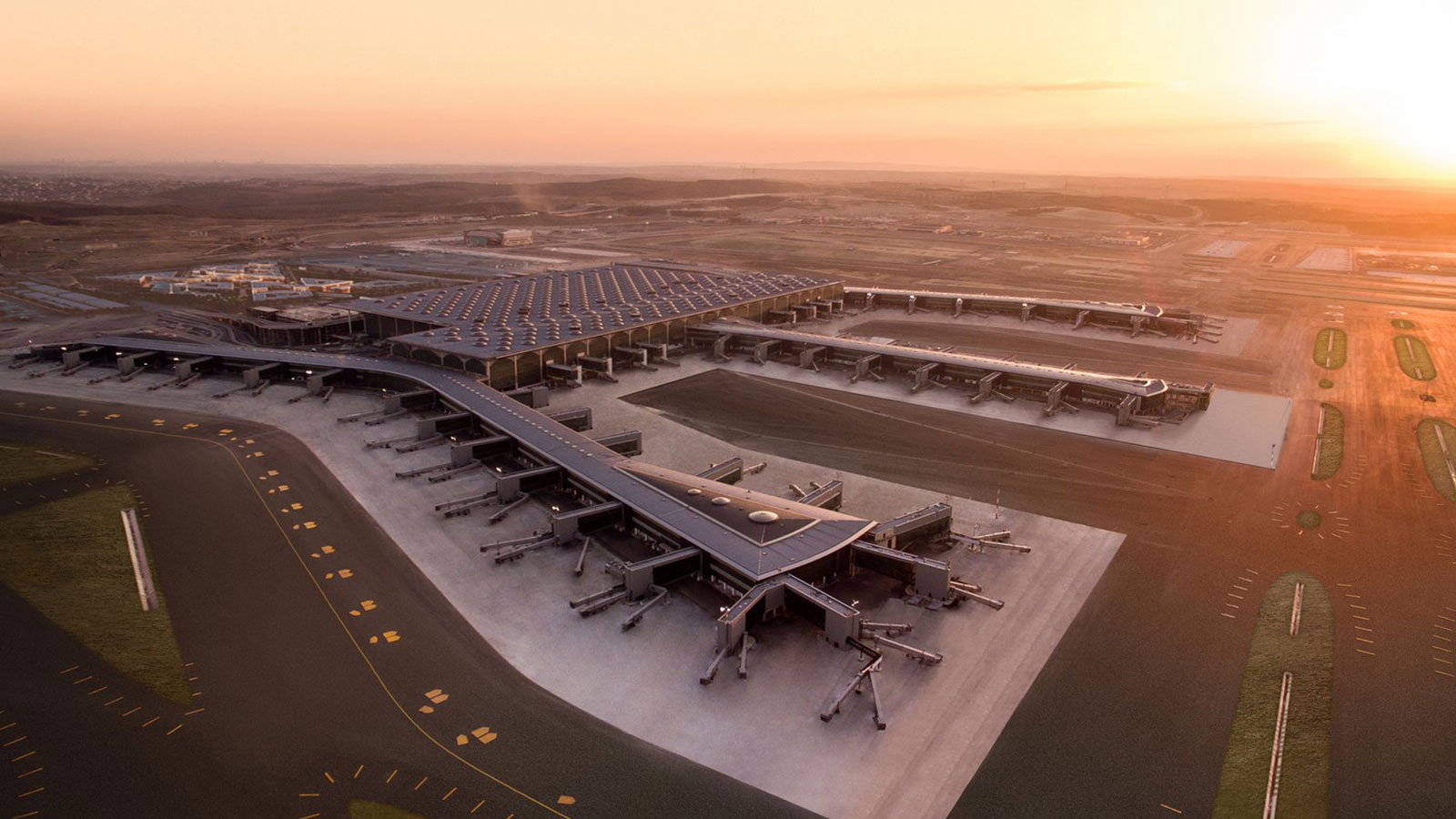 Strategic Location and Opening of Istanbul Airport
Strategic Location and Opening of Istanbul Airport
Istanbul Airport, one of Turkey's mega projects, is located between the villages of Tayakadin and Akpinar on the European side of Istanbul, by the Black Sea coast. Built with the goal of becoming one of the largest and busiest airports in both Turkey and the world, this massive project was officially opened on October 29, 2018, during the anniversary of the Republic's foundation, with a grand ceremony. Immediately after the opening, the first commercial flight, TK2124, was operated from Istanbul to Ankara, and thus, the airport began its active operations. With its extensive transportation network, Istanbul Airport enhances its connections to the city center through highways, metro projects, and bus lines, offering passengers a comfortable means of transportation. Accelerating Istanbul's steps toward becoming a central city in international aviation, this airport acts as a bridge between Europe, Asia, and Africa due to its strategic location.
Since its opening, Istanbul Airport has gained significant momentum, becoming the busiest international airport in Europe in 2022 and 2023. With its impressive performance during the post-pandemic recovery period, the airport has become one of the most important air transportation hubs in the world. With its vast flight network, Istanbul Airport hosts millions of passengers every year and serves as a crucial transfer point between Europe, the Middle East, the Far East, Africa, and the Americas. The modern runway system, capable of handling multiple landings and take-offs simultaneously, along with its high-capacity terminals and cutting-edge infrastructure, offers passengers a fast and secure travel experience. Istanbul Airport is not only a transportation hub but also a complete living space with shopping centers, dining areas, and social facilities.
Since its opening, Istanbul Airport has aimed to meet not only the current demands but also the future air traffic needs. Once all stages are completed, the airport is planned to have an annual capacity of 200 million passengers, with two large terminal buildings and six independent runways. This will further solidify its position among the largest airports in the world. During its expansion, sustainability, environmentally friendly projects, and energy efficiency will be prioritized. Additionally, the construction of new metro lines will make access to the airport even easier, greatly facilitating both intra-city and inter-city transportation. Supporting Turkey's vision to become one of the strongest countries in aviation worldwide, Istanbul Airport will continue to expand to meet the needs of both today and the future.